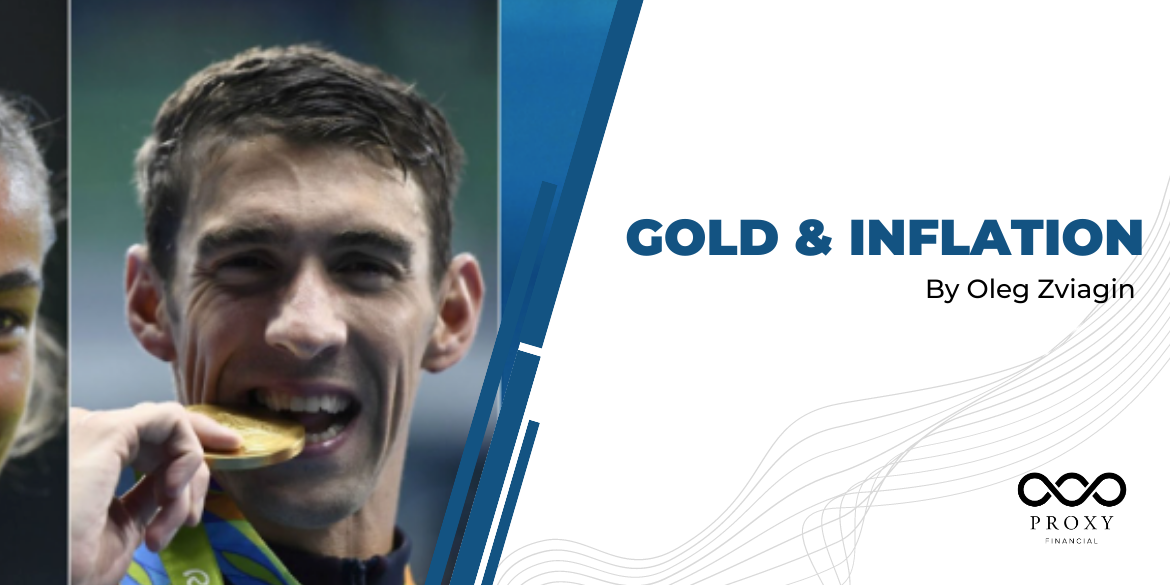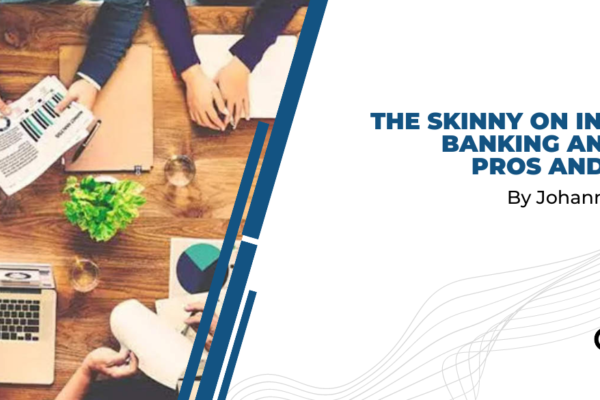Gold & Inflation

Picture this; you’re watching your favorite olympic sport. The athlete you were rooting for just won the gold medal! The top 3 competitors line up on the Olympic platform. You are beaming with pride at your chosen athlete’s and nation’s success. They step down and approach the cameras, and suddenly take a bite out of their medals for a photo op.
“…Why?” you ask?
Well, the history behind this is quite interesting. Before the evolution of technology, and the standardization of precious medals, the average person had to be able to tell whether the coin or item they were inspecting was real. Since gold is a relatively soft and malleable metal, biting a gold coin, for example, was actually a relatively reliable way to tell whether the metal was real or counterfeit. If a bite left a slight indent in the metal, you could at least be sure that you’re in the right ballpark. A common gold counterfeit at the time, lead, is much softer, and most other metals used for this purpose were significantly harder and would not leave a mark.
The practice of biting gold medals at the Olympics is an unnecessary but fun one. While the current medals are not made of gold (they’re actually made from recyclable materials!), and while most countries have moved away from the gold standard on the onset of the first World War, gold and other precious medals (one of many types of commodities) still play a valuable role in economics and Personal Finance!
Gold has historically been considered one of the hedges against inflation, a topic that has been on many people’s minds as of late. Inflation is the rate at which goods and services increase in price, while proportionally decreasing the purchasing power of your money. Simply put, a gallon of milk may have cost you $2.78 at the turn of the century, cost you $3.32 as late as 2020, and may cost you $4.34 today! Gold, which has a more stable inherent value than paper currency, serves to preserve wealth over the long term.
In today’s economic environment, with the value of the dollar falling, and expected to continue to do so, it is reasonable to look elsewhere to protect your wealth. You may not need to look far when it comes to alternatives in battling inflation; Government bonds pay higher rates when inflation rises, are considered to be more secure, and allow you to lock in a specific rate of return over longer periods of time, while something like gold continues to be subject to volatility.Treasury TIPS on the other hand provide built in inflation protection. At the end of the day, choosing between these options is all based on careful goal setting and Financial Planning.
Looking at historic trends it can be argued that gold is no longer the best hedge against inflation in the short term, but the nature of smart investing is diversification, and while 1/5th of the world’s gold is currently held by (inter)national banks, there may be something to be said about its continued efficacy in the battle against inflation.
Disclaimer: Investing in financial markets carries risk, including loss of principal. You can lose some or all of the money that is invested. Past performance is no guarantee of future results. The material contained herein is for informational purposes only. This document does not constitute a recommendation of securities, securities portfolio, transactions or investment strategies. The projections were created based on hypothetical information, there is no guarantee that any of them will come true. Proxy Financial is a registered investment adviser. Proxy and its Financial Advisors are not licensed in all states to offer securities and insurance products. This site is not a solicitation of interest in any of these products or service in any state which the registered representative is not properly licenses.













